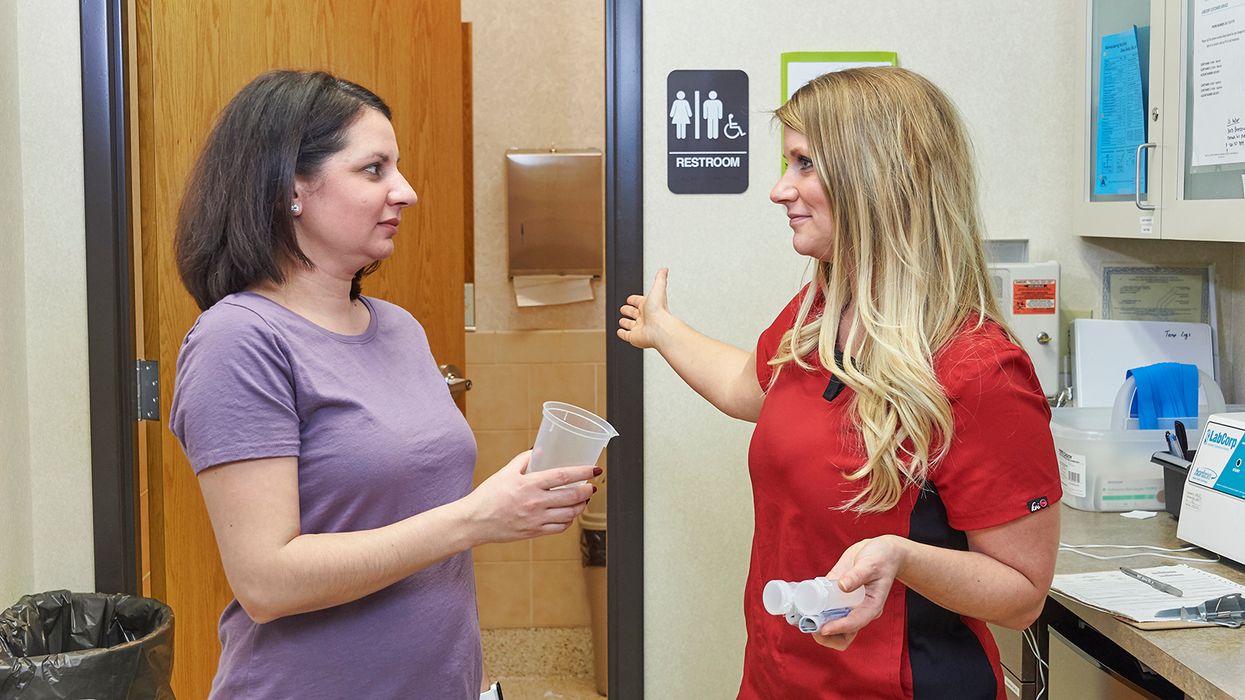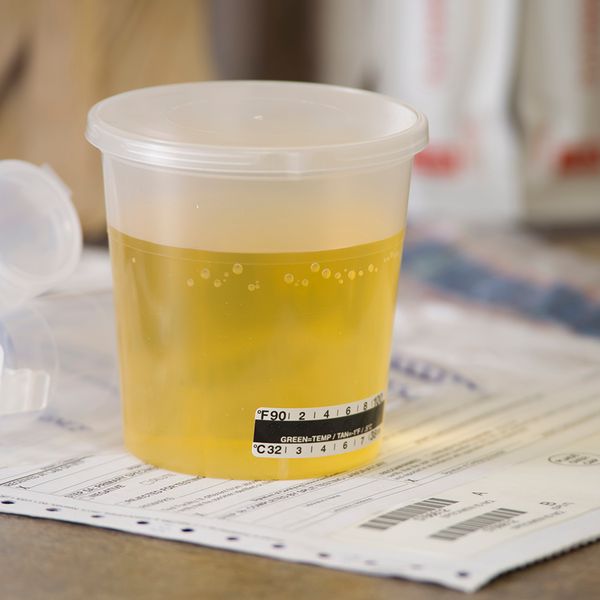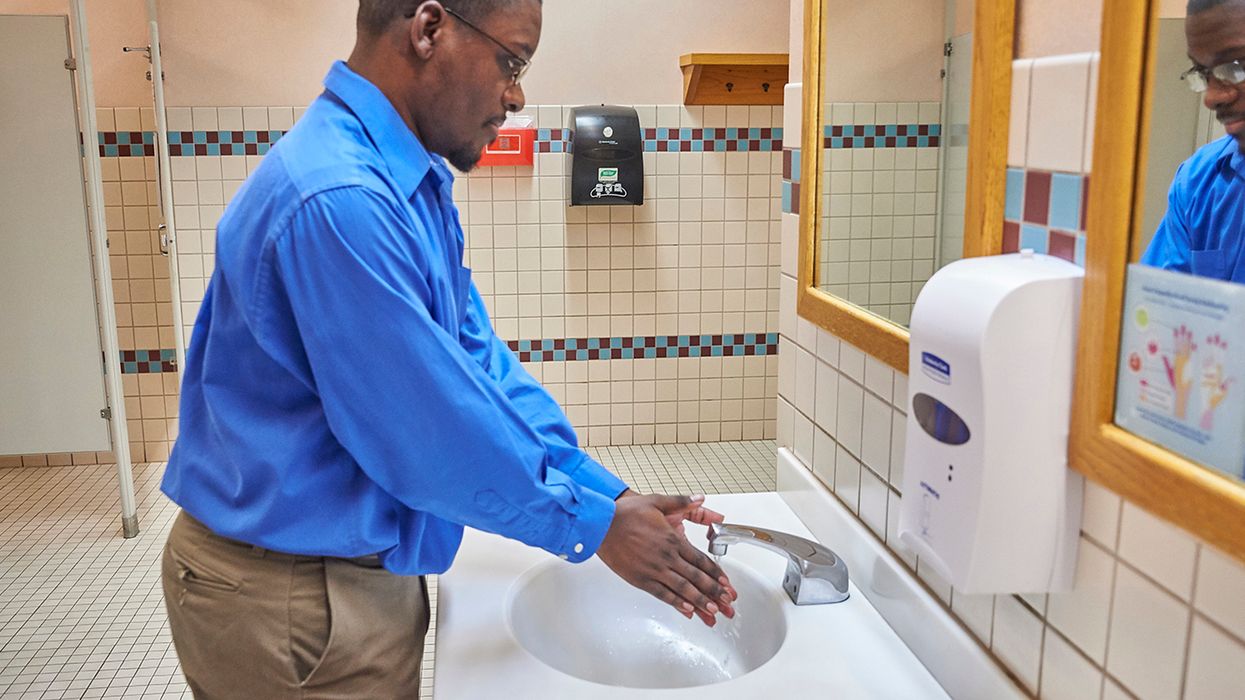Another trip to the drug testing site, please
Don’t be at a loss on how to respond to an inconclusive DOT drug test result. Know when you must arrange a second drug test to rule out or confirm drug use.
And make sure your drivers aren’t confused when instructed to take an additional trip to the collection site.
Managers, drivers, and others involved in DOT drug testing at your motor carrier can benefit from refresher training on the topic of recollections. Use the following summary as a starting point.
Can a motor carrier retest anytime they want?
Only specific scenarios identified in 49 CFR Part 40 require or permit recollections. They include negative dilute and invalid laboratory results.
A motor carrier can’t perform a second collection to nullify a prior test result. If the medical review officer (MRO) reported a drug test violation, there was an official result. A new drug test will not erase the violation.
Negative dilute scenarios
One of the more common reasons for recollection is a negative dilute result for a urine specimen.
The negative dilute will fall into one of two scenarios:
- The creatinine concentration of the specimen is greater than or equal to 2mg/dL but less than or equal to 5mg/dL. The MRO will instruct the designated employer representative (DER) to send the driver for an immediate recollection with minimum possible advance notice. The test is performed under direct observation.
- The creatinine level of the specimen is greater than 5 mg/dL. The MRO will report the result as negative dilute with no instructions. The DER takes one of two actions:
- Requests a retest under company policy. This test is also immediate with minimum possible advance notice, but it can’t be under direct observation. The company’s policy must indicate which test types are subject to the retest (e.g., random, post-accident, pre-employment).
- Accepts the result as negative because the company policy doesn’t dictate a new collection.
Drivers must know the policy when testing under #2-a prior to the original collection, and the policy must be enforced consistently by the motor carrier.
The second test result becomes the test of record. If the second sample is reported as negative dilute, the result is considered negative at this point. The DER can’t request yet another test.
However, another test could be required as the result of a recollection under #2-a (employer test) if the lab finds the creatinine level greater than or equal to 2mg/dL but less than or equal to 5mg/dL. The MRO will direct the DER to request a third urine specimen (this time under direct observation). This test becomes the test of record, and the process doesn’t go further even if it comes back negative dilute.
Invalid test result
An invalid drug test result occurs when the laboratory finds a substance is interfering with the immunoassay test on the specimen.
After the MRO is notified of the results, the MRO contacts the driver as part of the verification process. The MRO is looking for a medical explanation and/or valid prescription that might be the cause. If the driver is unable to provide a valid explanation, the MRO:
- Cancels the original test,
- Communicates the invalid result to the DER, and
- Directs the DER to immediately send the driver for second collection under direct observation.
The motor carrier must ensure that the driver has minimum possible advance notice when told to go to the collection site. The second test result becomes the test of record.
What if the driver won’t go for the recollection?
It doesn’t matter whether it’s an MRO-mandated retest or employer-based retest for a negative dilute, failing to go for testing after notification is a refusal to test. The DER reports these events to the CDL Drug and Alcohol Clearinghouse as violations.
It’s important to note that recollections apply to pre-employment drug tests too. If you look at 40.191(a)(6), declining to take another test has no protection for those taking pre-employment drug tests.
That said, the prospective employer must notify the driver applicant and arrange a convenient time. This might prove difficult if the driver is working another job. The DER must take into consideration any extenuating circumstances that delay testing, rather than automatically deeming it a refusal to test. DERs always have discretion.
If the driver-applicant refuses to go for the second test altogether (e.g., no longer interested in the job), that’s a much different story than having scheduling conflicts. It’s a refusal to test.
When testing under the carrier’s authority as the result of a negative dilute, it’s important to carefully communicate which test types are covered in the policy. It’s especially important for pre-employment testing, so applicants know expectations.
Key to remember: Retesting helps rule out drug use, and the DOT requires another trip the clinic for a second specimen under specific scenarios.





















































